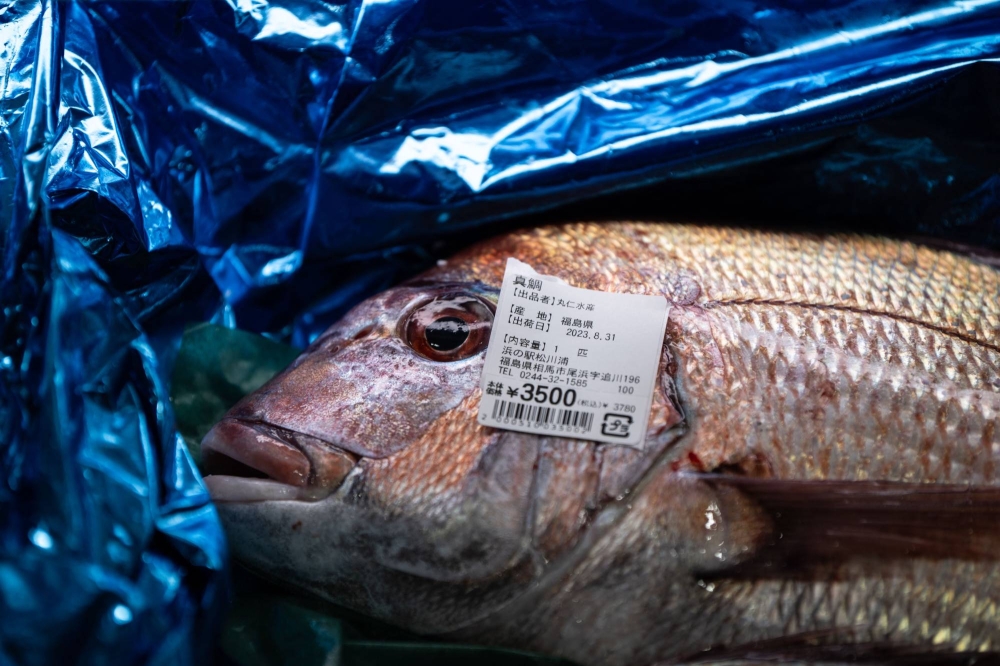No detectable amount of tritium has been found in fish samples taken from waters near the crippled Fukushima No. 1 nuclear plant, where the discharge of treated radioactive water into the sea began a month ago, the government said Monday.
Tritium was not detected in the latest sample of two olive flounders caught Sunday, the Fisheries Agency said on its website. The agency has provided almost daily updates since the start of the water release, in a bid to dispel harmful rumors both domestically and internationally about its environmental impact.
The results of the first collected samples were published Aug. 9, before the discharge of treated water from the complex commenced on Aug. 24. The water had been used to cool melted nuclear fuel at the plant but has undergone a treatment process that removes most radionuclides except tritium.



Best case scenario estimates are a complete replacement by 2050 if energy consumption doesn’t change. This requires aggressive investment in renewable production.
However, that’s unlikely to happen, as energy consumption is increasing, especially as vehicles across the globe abandon oil-based fuel for electricity from the grid.
The largest hurdle to nuclear power is simply regulatory. We could have nuclear plants built by 2030 with a ~30+ year life that would guarantee us the ability to fully phase out fossil fuels in favor of renewables by 2050 even as demand increases.